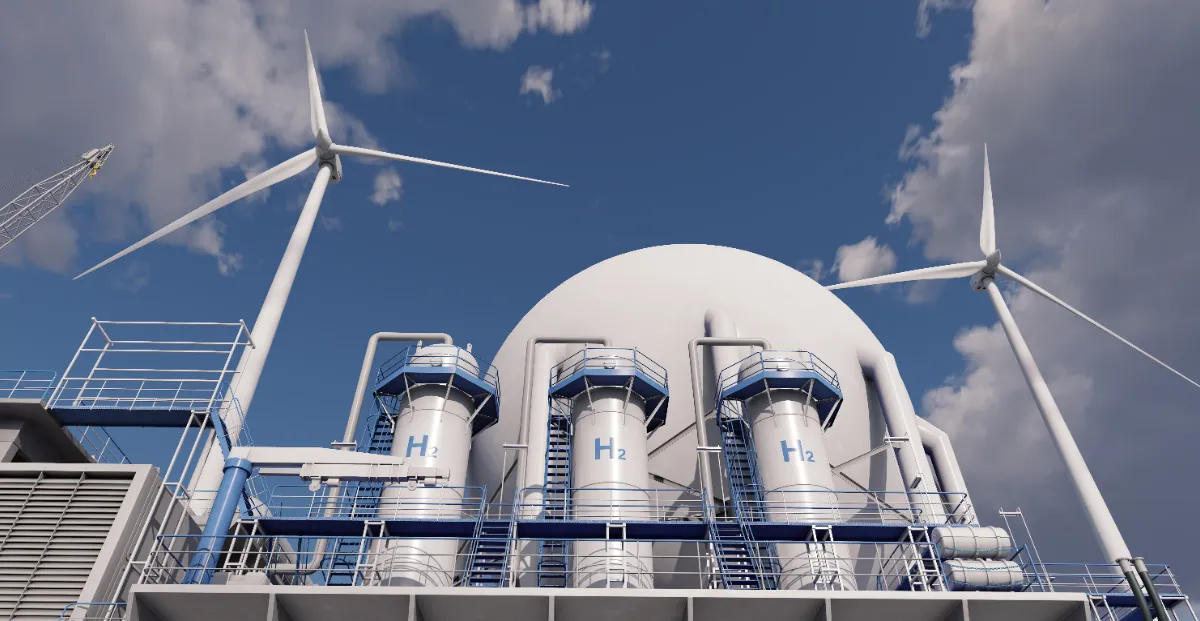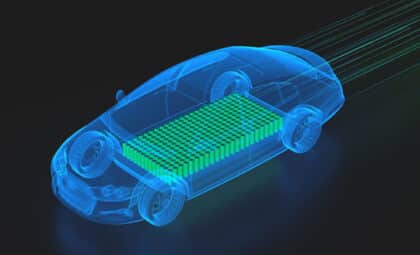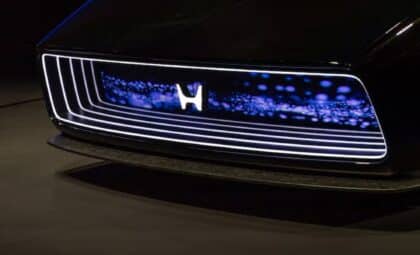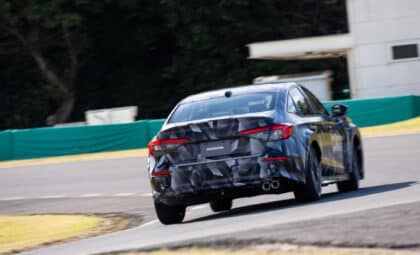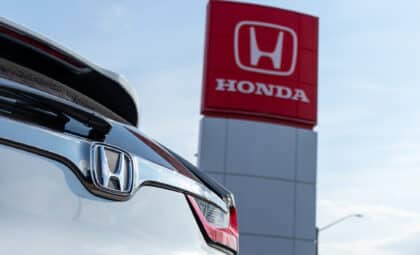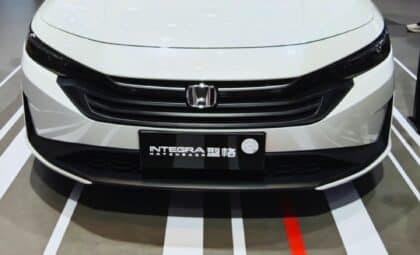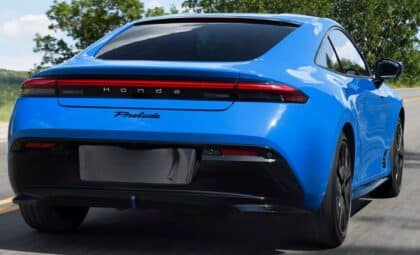Honda is stirring things up in the auto world by switching up its approach to going carbon neutral. Even though many markets are leaning heavily toward battery electric vehicles, Honda isn’t buying into the one-track mindset. Instead, they’re betting on a mix of hydrogen, synthetic fuels, and hybrid technologies. This shift changes the game for drivers and industry players by showing another way to keep things green.
Rethinking financial commitments
In a bold move, Honda has reduced its initial budget for battery electric vehicles by 30%, slashing its original spend of 10,000 billion yen. This means the company isn’t aiming for the previous target of 30% sales in 100% electric vehicles by 2030. By moving cash around, Honda is showing it’s ready to try out a bunch of tech options instead of putting all its chips on electrification.
Even so, Honda is still in the EV game with several electrified models on the market. But worries remain over patchy charging networks, which hold back many buyers—especially in regions where infrastructure is still playing catch-up. In both Asia and North America, many drivers stick with hybrids because they simply work better day to day.
Exploring hydrogen and fuel cell tech
Hydrogen and fuel cell technology are front and center in Honda’s vision for a greener future, with the company rolling out models like the CR‑V e:FCEV, which highlights the potential of hydrogen vehicles. The company is rolling out models like the CR‑V e:FCEV, which pairs a 17.7 kWh battery with a hydrogen fuel cell and delivers about 29 miles of electric-only range. This setup shows how Honda sees hydrogen as a great partner to other cleaner energy options.
Teaming up with big names like Toyota, Hyundai, and BMW, Honda is really ramping up hydrogen development. BMW, for instance, plans to launch a fuel cell model by 2028—underscoring a shared belief that hydrogen can play a big role. On top of that, Honda is testing hydrogen-powered internal combustion engines and carbon-neutral synthetic fuels as part of its broad-spectrum strategy.
Handling bumps in alternative fuels
Moving toward hydrogen and synthetic fuels isn’t exactly a walk in the park. By the end of 2024, there were only 1,160 hydrogen stations worldwide—most of which are in Japan, South Korea, and California. This limited refueling network is a real headwind when it comes to scaling up hydrogen vehicles.
Plus, producing synthetic fuels is still both limited and pretty expensive. Even with these hurdles, Honda and others in the field remain upbeat, banking on continued research and innovation to eventually make these alternatives more accessible and affordable.
Mixing innovation with market trends
Even though electric vehicle sales are booming worldwide—making up over 20% of the global market—Honda’s mixed approach helps it stand apart from the battery-only crowd, acknowledging concerns about the carbon footprint of electric car production. In Europe alone, EVs accounted for 17.5% of registrations in the first half of 2025. But as Robert Thorp, General Manager of Honda Australia, points out, “Even if battery electric vehicles are gaining ground, it is hybrids that represent the consumer choice today.”
Jay Joseph sums it up nicely: “Battery electric vehicles are not the goal but a path to carbon neutrality.” By championing hybrids along with hydrogen and synthetic fuels, Honda is all about offering diverse options that cater to different regional needs and consumer tastes.
Honda’s fresh game plan shifts away from common industry thinking. By embracing multiple routes to a greener future—including a strong push for hydrogen technology—they’re challenging old assumptions about cutting carbon emissions. As more people around the world get clued in on the environmental challenges of transportation and demand cleaner alternatives, checking out all these options just makes sense.
With its innovative strategies to hit carbon neutrality while meeting diverse consumer needs globally, Honda is inviting everyone into a new era where a mix of tech solutions drives meaningful change toward more sustainable mobility.

